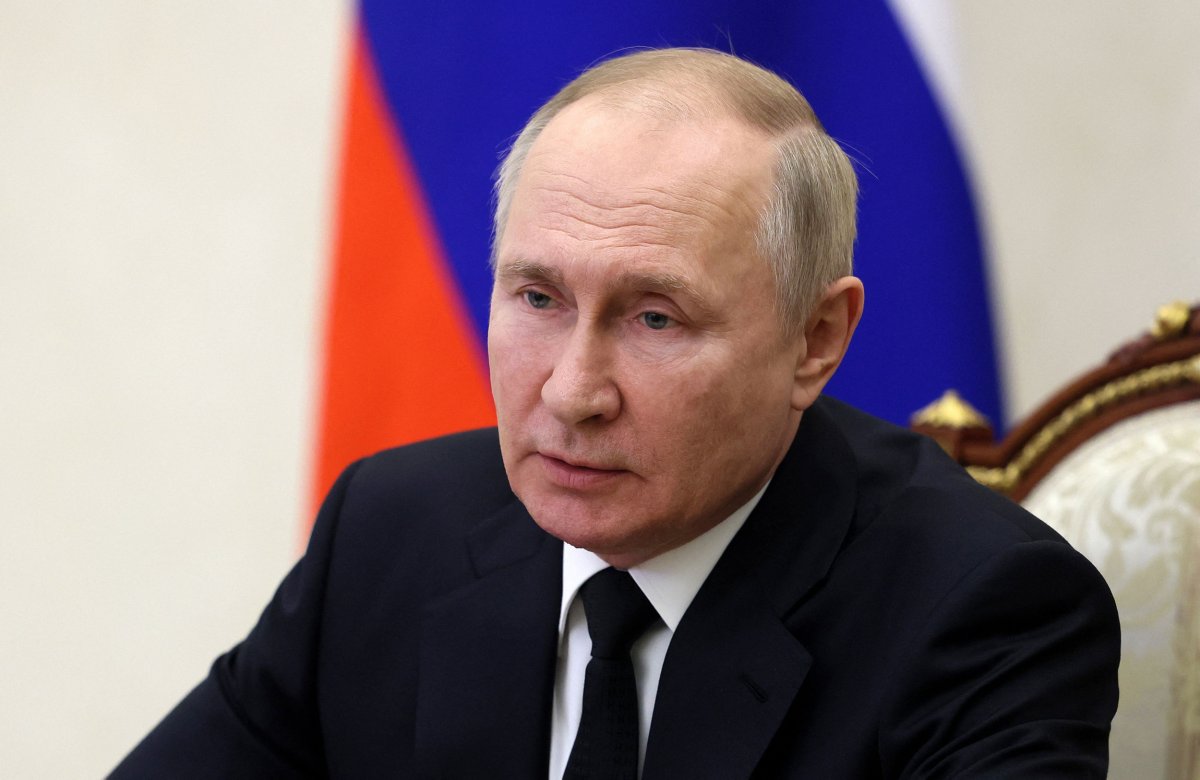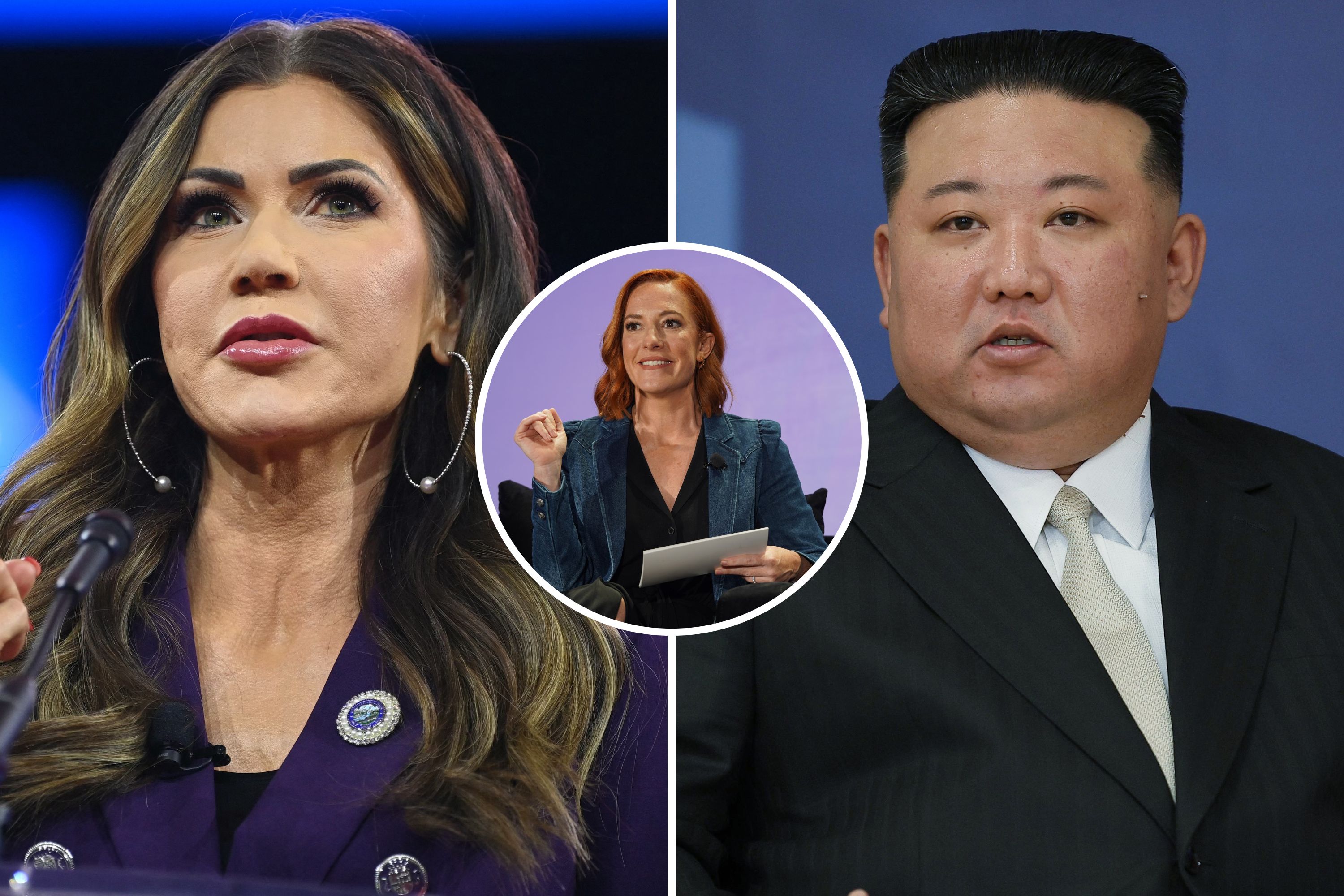Russia's Deputy Foreign Minister Sergey Ryabkov warned on Thursday about the "soaring" risks of NATO engaging with Russia over Russian President Vladimir Putin's ongoing war in Ukraine.
"NATO members are increasingly and directly involved in this conflict. Their support for Kiev is now much more diversified than it was a few months ago. This is a reflection of Washington's intentional policy, obediently pursued by the Europeans, of escalating the conflict. They are playing with fire. The risks are soaring," Ryabkov said on the Rossiya-24 TV channel, according to Russian news agency TASS.
The deputy foreign minister continued: "The Westerners are pushing ahead with expanding the range of deliveries of ever heavier, longer-range weapons."
Prime Minister Ingrida Šimonytė of Lithuania, a NATO member, told NatSec Daily on Tuesday that the United States or a European nation should supply Ukraine with long-range missiles.

Šimonytė is in the United States to meet Vice President Kamala Harris, lawmakers, and Lithuanian ex-pats in Pennsylvania, Politico reported. She wants the U.S. to stay calm and keep supporting Ukraine.
She stated that Ukrainians "need this sort of weapon" and added that either the U.S.-made ATACMS, a tactical missile system, or a similar European weaponry would help the Ukrainian military, which she thinks is capable of using those systems, better attack Russian forces inside Ukraine. "I think we should trust their capacities," she said.
Meanwhile, Ryabkov said on Thursday that the West is "slyly and deceitfully, by and large, try to create an impression that there is some kind of a border line, some kind of self-restraint in this regard. We do not see anything like that."
He also said that Russian officials are carrying out bilateral diplomatic talks with Western countries over the war with Ukraine, according to TASS, warning them about the "consequences of these steps."
"All diplomatic tools—demarches, protests, notes, appeals on specialized platforms, and diplomatic clashes in Vienna and in New York, where there are opportunities to drive the message home and to warn our opponents—are being used to the full extent," he added.
Latvian Foreign Affairs Minister Edgars Rinkēvičs said, during a meeting of NATO foreign ministers on November 29, that Ukraine should be able to militarily attack inside Russia's border with Russia attacking important Ukrainian infrastructure.
"We should allow Ukrainians to use weapons to target missile sites or airfields from where those operations are being launched," Rinkēvičs told Bloomberg at the time.
As such actions were encouraged by a NATO member, Ukraine on Tuesday continued to launch drone strikes inside Russia. One of the latest strikes has hit an oil tanker on an airfield in Kursk
Russia officials said there were two explosions Monday—one at the Engels airfield in the Saratov region, which is about 373 miles from Ukraine, and another involving an engulfed fuel truck at the Dyagilevo airfield near the city of Ryazan, which is located southeast of Moscow. A facility in the Bryansk region, about 50 miles inside Russia's border with Ukraine, was also targeted.
Despite NATO members encouraging Ukraine's attacks against Russia, other former officials have warned against NATO engaging in the war. General Sir Richard Shirreff, a former NATO general, warned in September that NATO is not ready for direct war with Russia in case Putin's invasion escalates to a "worst case" scenario.
Shirreff, who served as the deputy supreme allied commander Europe between 2011 and 2014, said Ukraine's successful counteroffensive was a "vindication" of the military assistance for Kyiv, especially from the U.S. and U.K.
However, he expressed concerns about NATO's lack of readiness to potentially get in a direct conflict with Russia.
"The way to manage the risk of escalation is for NATO to be prepared for the worst case and that is still not happening," he told Newsweek at the time. "When I mean the worst case, the worst case is NATO at war with Russia."
However, Šimonytė on Thursday suggested that the efforts by NATO to de-escalate the tensions and push for an end to the war in Ukraine have not been effective, according to Politico.
"Putin is not interested in peace," she said. "I cannot understand what security guarantees a country that was never under risk of any attack whatsoever really needs."
Newsweek reached out to NATO's media office for comment.
Uncommon Knowledge
Newsweek is committed to challenging conventional wisdom and finding connections in the search for common ground.
Newsweek is committed to challenging conventional wisdom and finding connections in the search for common ground.
About the writer
Fatma Khaled is a Newsweek weekend reporter based in New York City. Her focus is reporting on U.S. politics, world ... Read more
To read how Newsweek uses AI as a newsroom tool, Click here.






